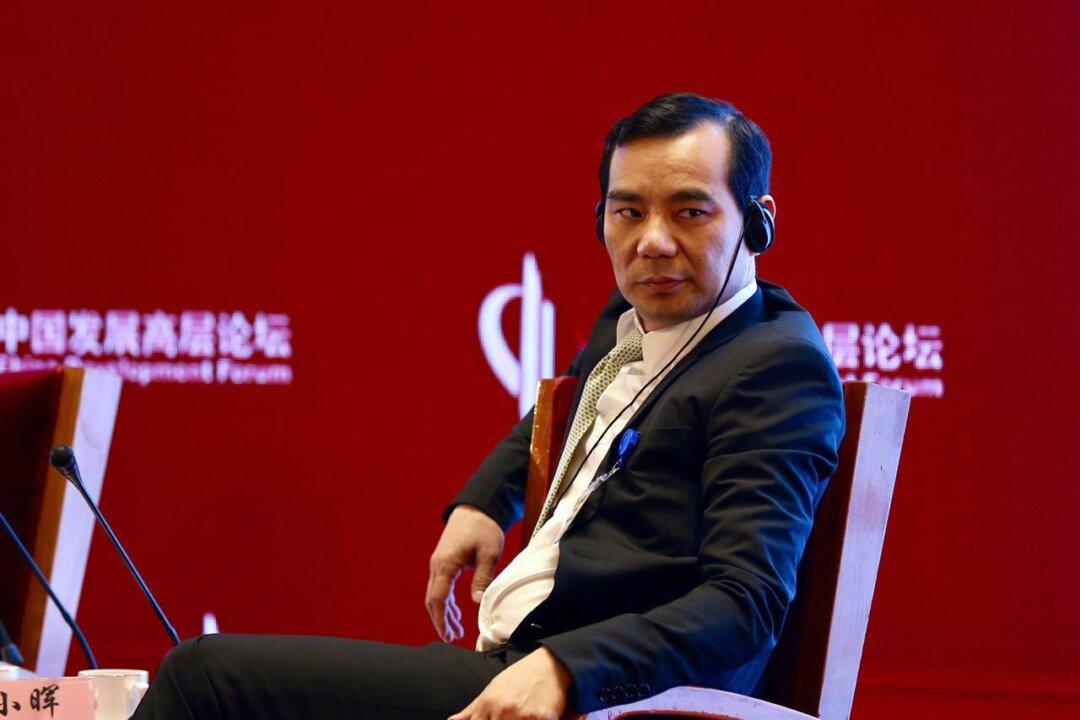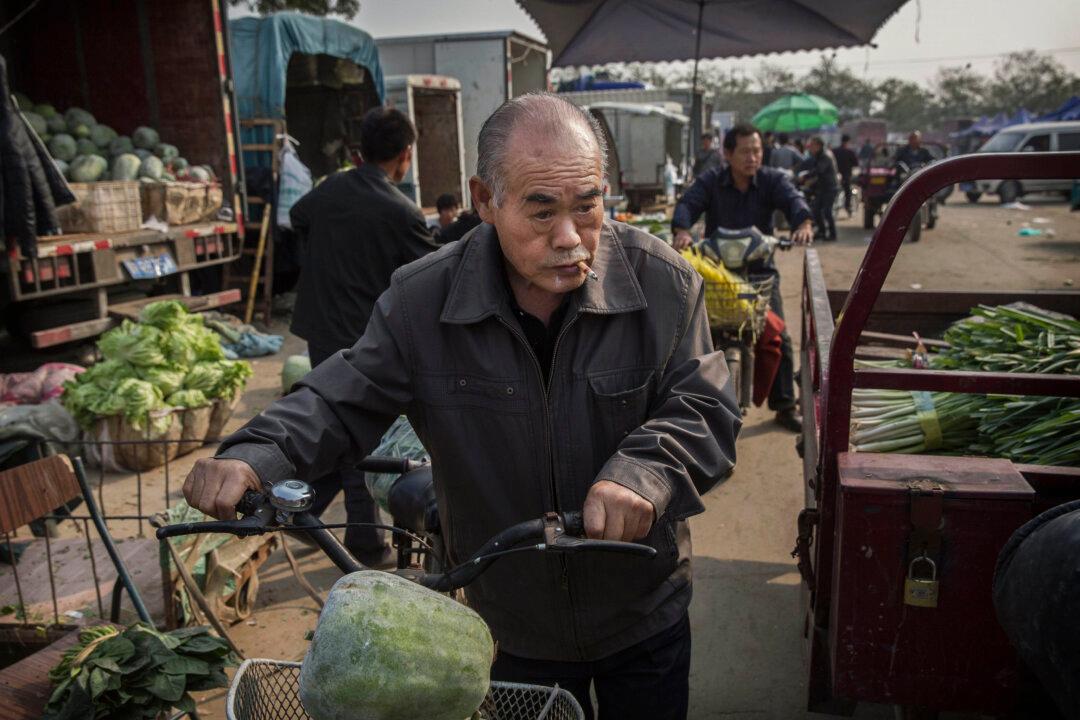In a move that stunned New York dealmakers at the time, the famed Waldorf Astoria hotel on Park Avenue was sold in 2014 to a little-known Chinese company.
That Chinese company is Beijing-based Anbang Insurance Group, an insurance conglomerate known for its aggressive overseas asset purchases, including a failed 2016 bid to acquire Starwood Hotels and Resorts. At the time, Chinese companies were engaged in a global takeover spree, and Anbang appeared to be leader of the pack.





